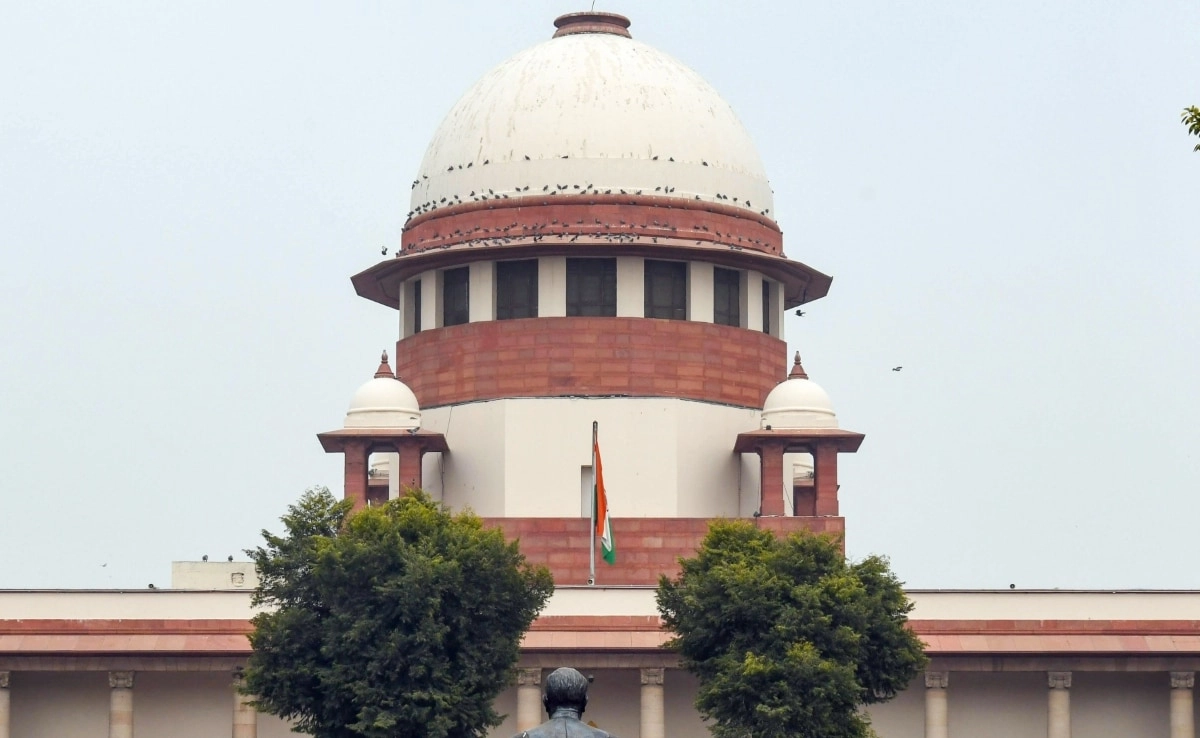The Supreme Court is set to resume hearings today regarding petitions challenging the controversial Waqf Bill. This legislation has sparked significant debate and controversy across various sectors of society, primarily due to its implications for the management and oversight of Waqf properties. The Waqf Bill aims to streamline the administration of these properties, which are often established for charitable and religious purposes in accordance with Islamic law. However, critics argue that the bill could lead to mismanagement and encroach upon the rights of the community that relies on these properties for cultural and religious sustenance.
Today’s proceedings are particularly crucial as they follow previous hearings that highlighted the divergent views surrounding the bill. Proponents assert that the Waqf Bill will enhance transparency and accountability in the management of Waqf properties, which have historically faced issues relating to corruption and misallocation of resources. They argue that a more structured approach is necessary to ensure that these properties serve their intended purposes effectively. On the other hand, opponents of the bill raise concerns about potential overreach by government authorities, which they fear may undermine the autonomy of Waqf boards and the communities they serve.
As the Supreme Court deliberates, the outcome of this case could have far-reaching implications for the governance of Waqf properties across the country. The Court’s decision will not only impact the legal framework governing these assets but also set a precedent for how religious and charitable properties are managed in the future. Stakeholders from various backgrounds, including legal experts, community leaders, and religious organizations, are closely monitoring the proceedings, anticipating that the Court’s ruling will address the balance between regulation and community rights.
The significance of the Waqf Bill and the ongoing legal deliberations reflect broader societal issues regarding religious freedom, property rights, and the role of government in managing religious institutions. As the Supreme Court resumes its hearings, the expectation is that the justices will consider both the legal arguments presented and the potential societal impact of their ruling. The outcome may not only redefine how Waqf properties are managed but also influence the dialogue surrounding religious governance and community rights in a diverse and pluralistic society.




